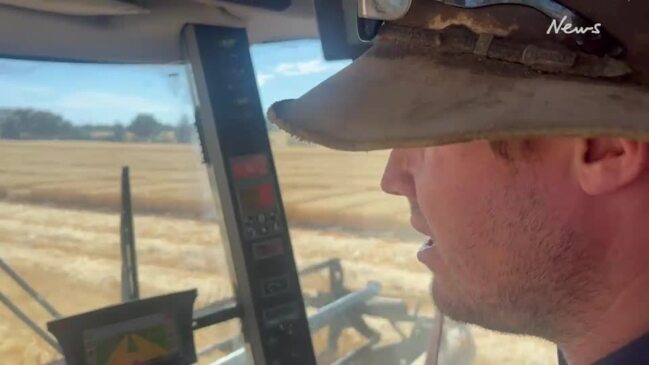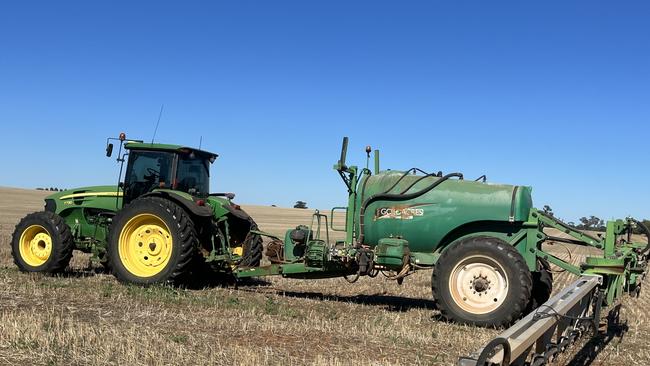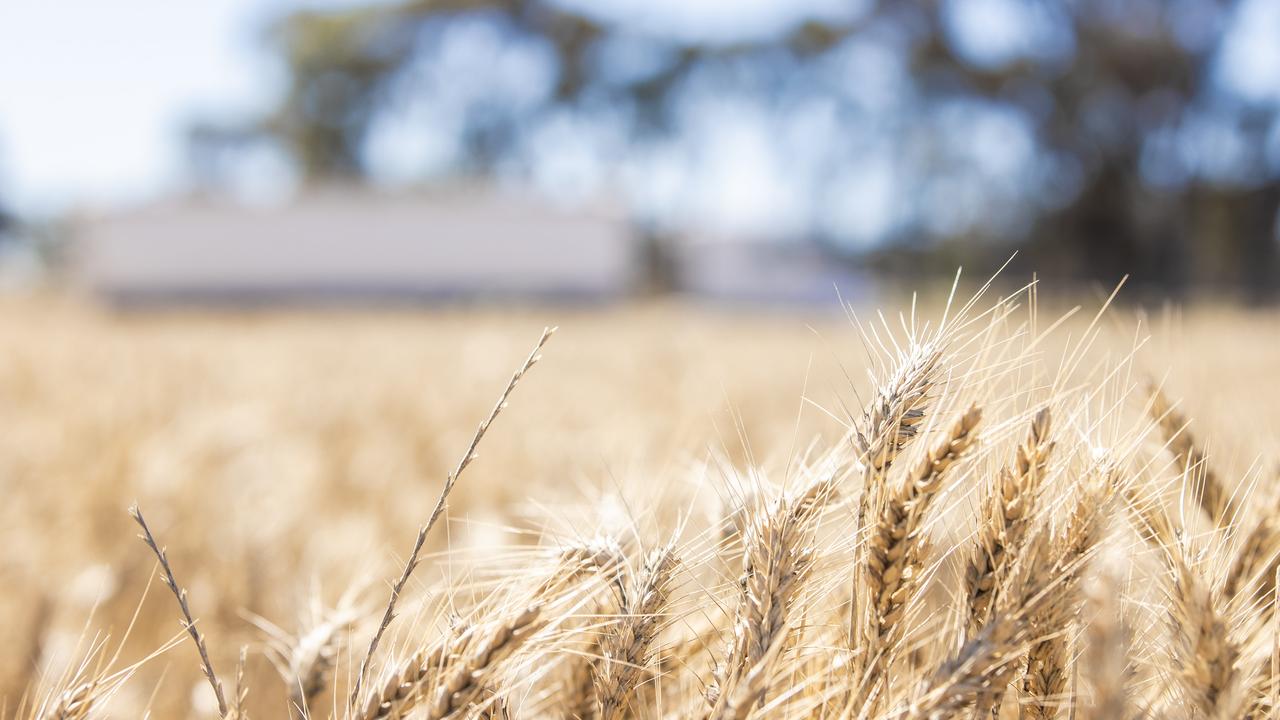Summer weed burden strikes after rain
Abundant rainfall has farmers grappling with a heavy summer weed burden, but has also set some producers up for a good cropping season in 2024.

Summer weeds are germinating at an alarming rate following an abundance of rain.
But, though it will mean more than two passes with the spray rig, summer weeds often go hand in glove with decent soil moisture.
The recent 200mm of rain has allowed up to a metre of soil moisture in the Wimmera, and farmers say it will set them up for a good cropping season in 2024.
Agronomist Nick Zordan of SMS Rural at Horsham said everyone had received fantastic rain.
“We have all been busy controlling summer weeds for six weeks,” he said.
Despite the amount of time spent on the spray rig, Mr Zordan said it was exciting to be banking moisture.
He said good weed control programs and soil moisture now meant an excellent set-up for the coming cropping season.
“The rain is welcome, and it’s really exciting for the region,” he said.
To the north in the NSW Riverina, the Anderson family at The Gap is ready to tackle the burden of summer weeds.

Josh Anderson said he had been spraying for fleabane, hairy panic, and milk thistle and had used a mix of glyphosate and selective herbicides.
He said the conditions in the past couple of days, with an absence of rain and wind, had been close to ideal for spraying.
“The weeds have been persistent, and we will spray them twice, maybe more,” he said.
The Andersons grow winter crops, including wheat, barley, peas and canola. The cropping operation runs alongside a prime lamb enterprise.
Mr Anderson said if 2023 was to be a gauge, the investment in summer weed control before sowing winter crops was worthwhile.
“Summer weed control helps us to conserve soil moisture,” he said.
Around 45mm of rain fell during early January at the property, and the Andersons were planning to sow a mixed-species fodder crop in February or March.
Farmer and Nutrien Ag Solutions agronomist at Kaniva, Josh Merrett, said a lot of spraying for summer weeds occurred in the area.
He said there had been another germination of ryegrass, which was unusual.
“I think we will see at least a double-knock before (winter) cropping, and the soil moisture profile is chockers,” he said.
Mr Merrett said there were still paddocks where farmers could easily get bogged.
In addition to wet paddocks slowing down spraying activities, farmers were still harvesting wheat.
Mr Merrett said wheat crops had been downgraded due to the persistent wet conditions.
“It was a frustrating harvest; you would work a few days then have another week off (because of rain),” he said.
Kaniva received 117mm of rain in November, 81.4mm in December, and so far for January, 20.2mm has fallen.




